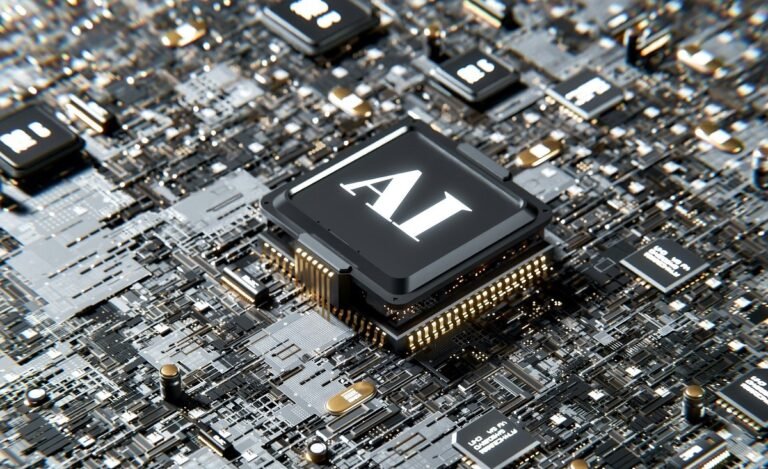The world’s first legally binding international treaty on artificial intelligence (AI) has been opened for signing by countries that played a crucial role in its negotiation, including members of the European Union (EU), the United States, and the United Kingdom.
According to the Council of Europe, the treaty was opened on Thursday, 5th September. This AI Convention, years in the making, was officially adopted in May after discussions involving 57 countries. The agreement aims to mitigate the risks posed by AI while fostering responsible innovation.
UK Justice Minister, Shabana Mahmood, emphasised the significance of the treaty, noting that it marks a major step toward ensuring that new technologies do not undermine fundamental values such as human rights and the rule of law.
The Convention primarily focuses on safeguarding the human rights of individuals impacted by AI systems. It stands apart from the EU’s AI Act, which enforces comprehensive regulations on AI development and usage within the EU.
The Council of Europe, an organisation dedicated to human rights protection since 1949, facilitated the treaty’s formation. The process began in 2019 with a feasibility study and culminated in the drafting and negotiation of the treaty text by a Committee on Artificial Intelligence in 2022.
While the treaty represents progress, some experts have voiced concerns about its effectiveness, due to broad formulations and exemptions for AI systems used in national security, as well as inconsistencies in scrutiny between the private and public sectors.
As the UK prepares to sign, the government has pledged to collaborate with regulators and local authorities to ensure appropriate implementation of the treaty’s new requirements.




